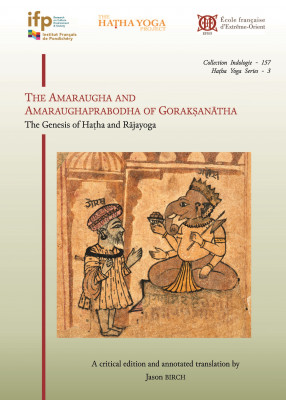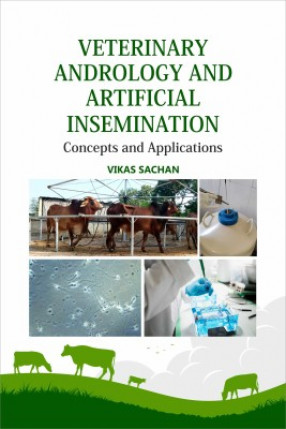FREE & QUICK WORLDWIDE SHIPPING ON $60+
TAKE 10% OFF YOUR ORDER | USE CODE: TAKE10

-
 234p., 25cm.
234p., 25cm.
-
 Hardcover
Hardcover
-
 English language
English language
-
 New India Publishing Agency
New India Publishing Agency
-
 14.04.2021
14.04.2021
-
 ISBN 13:
9789390175116
ISBN 13:
9789390175116
Milk Of Non Bovine Mammals: Chemistry And Health Benefits
Milk is an integral part of human diet from ancient times. It provides a significant amount of protein, micronutrients and vitamins, which are essential to alleviate and fight malnutrition. To the world’s total milk production, Cow milk contributes 82.7%, followed by milk from Buffaloes, Goat’s, Sheep’s and Camel’s. Cow milk contributes almost majority of world’s total milk production. Apart from plenty of health benefits of cow milk, the adverse effects or devil side of cow milk have been observed for certain population in the world.
These adverse effects have been categorized as symptoms of Lactose intolerance– a condition characterized by difficulty in digesting milk due to absence of particular enzyme Lactase. Milk allergy occurs due to adverse immune reaction due to presence of certain milk proteins and this is usually termed as milk allergy cow milk protein allergy (CMPA).
Non-cow (goat, camel, donkey, yak, horse) milks are closely associated with the culinary cultures of many societies throughout the world. Non-Bovine milks draw great interest for researchers in terms of milk production, technology, chemistry, microbiology, safety, nutrition, and health aspects.













